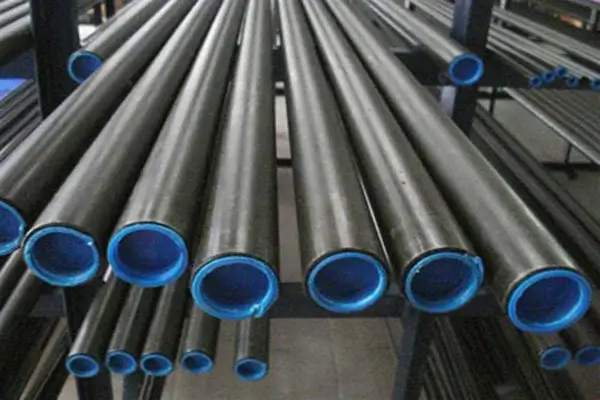While the medium-term outlook remains encouraging, the expected pick-up in activity initially expected in early 2025 has been pushed back to a later date. The sector faces numerous challenges, including stringent environmental regulations, supply chain issues and increased financing costs caused by higher interest rates. As a result, some API pipeline projects have been delayed or cancelled. In addition, global uncertainty and rising costs have slowed the transition to hydrogen, and several European projects have been canceled in recent months.
Middle East conflict
Geopolitical tensions, especially concerns about escalating conflict in the Middle East, are supporting global oil prices, although supplies have not yet been disrupted. Weak demand from China is likely to limit any upward movement in prices. Despite these challenges, the current price of WTI crude oil supports continued investment in new oil and gas projects. MEPS research partners remain generally optimistic about future demand, with numerous pipeline projects expected to be completed before 2030, particularly in the United States, Middle East, Europe and Africa.
Demand for rolls and Wafer API this year has been lower than expected, and a recovery is unlikely until December. In particular, European sheet mills have experienced much lower order volumes than they expected due to project delays. Wafer manufacturers in the EU still have production capacity for this year but remain hopeful of improved orders next year.
Reduced prices for plates
European prices for X60/X65 hot-rolled plates fell between July and September due to weak demand. Buyers said they were offered lower prices for immediate production. Many believe prices are bottoming out in the current cycle and will remain stable in the fourth quarter. Purchasing managers can secure similar prices for material from South Korean suppliers, but prefer to source locally due to shorter delivery times.
In Asia, prices for Hot rolled sheet API decreased quarter over quarter. Orders for shipbuilding sheets remain weak compared with last year but continue to consume most of the capacity of South Korean and Japanese factories. Sheet producers in the region continue to offer API X60/X65 hot rolled sheet supplies in the fourth quarter.




